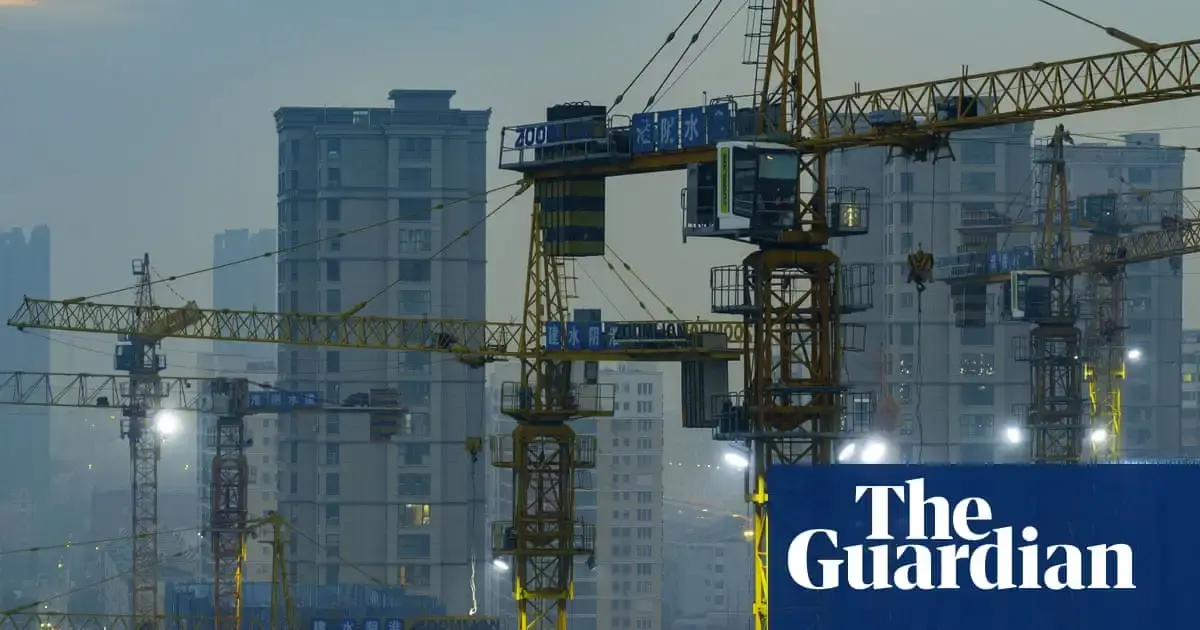This month the Weibo account Weibo Finance, which has more than 1.5 million followers, issued an instruction against posting any comments “that bad-mouth the economy”. The post appears to have since been deleted. Bloomberg reported that several other finance influencers had been told by Weibo to “avoid crossing red lines” and to post less about the economy. Weibo did not reply to a request for comment.
Topics that are considered increasingly sensitive in China’s economy include record high youth unemployment figures (the government stopped publishing this data in August), deflation, the struggling property sector and capital flight.
The restrictions have been building for some time. In June, three finance commentators, one of whom had 4.7 million Weibo followers, were blocked by the platform as a punishment for “hyping up the unemployment rate, spreading negative information … [and] smearing the development of the securities market”.
Dan Wang, the chief economist at Hang Seng Bank, said “the number one sensitive issue now” was foreign investment, because of its links to cross-border capital flows.



🤖 I’m a bot that provides automatic summaries for articles:
Click here to see the summary
China is cracking down on negative commentary about the financial market and other sectors as the authorities seek to boost public confidence despite challenging economic headwinds.
Topics that are considered increasingly sensitive in China’s economy include record high youth unemployment figures (the government stopped publishing this data in August), deflation, the struggling property sector and capital flight.
In June, three finance commentators, one of whom had 4.7 million Weibo followers, were blocked by the platform as a punishment for “hyping up the unemployment rate, spreading negative information … [and] smearing the development of the securities market”.
Dan Wang, the chief economist at Hang Seng Bank, said “the number one sensitive issue now” was foreign investment, because of its links to cross-border capital flows.
Evergrande, once China’s biggest developer, is in the midst of a painful debt restructuring process, while Country Garden, its main rival, defaulted in October.
There is also pressure on economists in Hong Kong to be optimistic about the mainland economy, although analysts say this is a long-term trend and one that comes from a general atmosphere of deference to Beijing rather than specific instructions.
Saved 74% of original text.